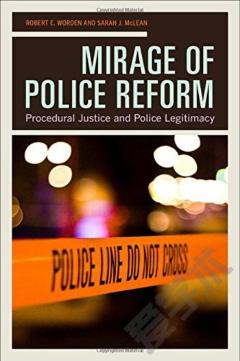Homicide and the Politics of Law Reform
This book begins with the story of efforts to reform the law of homicide in England and Wales. Having wrested control over the direction of reform from the judiciary, successive governments have been content to oversee a narrowly focused, pluralist model of reform. Under this model, individuals and interest groups â extending to bureaucratised lay bodies representing a variety of special interests â compete for a reforming influence with civil servants and ministers. However, what has remained neglected is any serious attempt by government to discover the views of the general public on homicide law reform. The book argues that comprehensive research into, and a degree of deference to, public opinion on the scope of homicide is essential to the reform process. It is essential principally as a means of conferring true legitimacy on homicide reform in a democracy. Elite or expert opinion alone will never authentically secure such legitimacy. A true liberal democracy will build in to legislation opportunities for citizens in good conscience periodically to oppose cherished liberal principles currently governing homicide law. The book goes on to examine many of the key issues in the current law, such as the ever-weakening case for âpartialâ defences to murder, the need to hold public authorities to account for corporate manslaughter, secondary liability for murder, the case for âone-punchâ manslaughter, and the bureaucratisation of some forms of homicide, such as causing death by dangerous driving, that have departed in their structure and operation from the common law manslaughter principles that formerly governed them.
{{comment.content}}








 京公网安备 11010802027623号
京公网安备 11010802027623号